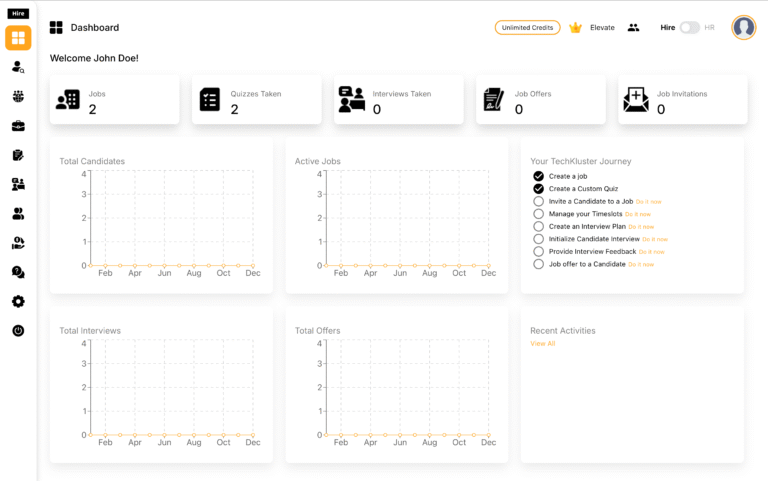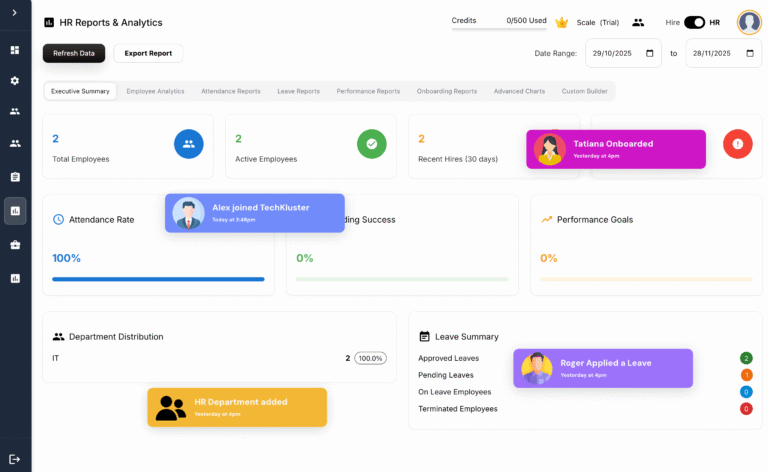Introduction Container orchestration has become a critical component in managing and deploying applications at scale. Kubernetes and Apache Mesos are two popular open-source container orchestration platforms that offer powerful solutions for containerized application management. In this article, we will delve into the features, architecture, and use cases of both Kubernetes and Apache Mesos, providing a …
Introduction
Container orchestration has become a critical component in managing and deploying applications at scale. Kubernetes and Apache Mesos are two popular open-source container orchestration platforms that offer powerful solutions for containerized application management. In this article, we will delve into the features, architecture, and use cases of both Kubernetes and Apache Mesos, providing a comparative analysis to help you make an informed decision.
Kubernetes Overview
Architecture
Kubernetes follows a master-worker architecture. The master node is responsible for managing the cluster, while worker nodes execute tasks. Key components include the API server, etcd, controller manager, and scheduler.
Features
Kubernetes boasts a rich set of features, including automatic load balancing, scaling, and rolling updates. Its declarative configuration allows users to define the desired state, and Kubernetes takes care of the implementation.
Example Code
apiVersion: apps/v1
kind: Deployment
metadata:
name: nginx-deployment
spec:
replicas: 3
selector:
matchLabels:
app: nginx
template:
metadata:
labels:
app: nginx
spec:
containers:
- name: nginx
image: nginx:latest
ports:
- containerPort: 80Apache Mesos Overview
Architecture
Mesos uses a two-level architecture comprising a master node and agent nodes. The master schedules tasks across agents, which execute the assigned workloads.
Features
Mesos focuses on resource efficiency and supports various application frameworks, such as Marathon and Chronos. It provides fine-grained control over resources and allows sharing resources between multiple frameworks.
Example Code
mesos-execute --master=127.0.0.1:5050 --name="example" --command="sleep 5"Comparative Analysis
Ease of Use
Kubernetes is known for its user-friendly approach and extensive documentation. It provides a higher-level abstraction, making it easier for users to define and manage applications. Mesos, while powerful, might have a steeper learning curve due to its lower-level abstractions.
Community and Ecosystem
Kubernetes has a vast and active community, resulting in a rich ecosystem of tools, plugins, and third-party integrations. Mesos has a smaller community but still offers a variety of frameworks and integrations.
Scaling and Performance
Both platforms are designed for scalability, but their approaches differ. Kubernetes automatically scales applications based on resource usage, while Mesos provides fine-grained control over resource allocation, allowing for efficient use in multi-tenant environments.
Use Cases
Kubernetes is often favored for its simplicity and broad adoption, making it suitable for a wide range of applications, from small startups to large enterprises. Mesos, with its emphasis on resource efficiency, is often chosen for big data and analytics workloads.
Advanced Features and Extensibility
Kubernetes
Kubernetes supports a rich set of advanced features, such as:
- Service Discovery and Load Balancing: Kubernetes offers built-in service discovery and load balancing, simplifying the process of exposing services within the cluster.
- Rolling Updates and Rollbacks: Kubernetes allows for seamless rolling updates and rollbacks, ensuring continuous delivery and minimizing downtime.
- Secrets Management: It provides a secure way to manage sensitive information like API keys and database passwords using Kubernetes Secrets.
- Persistent Storage: Kubernetes supports various storage solutions, offering persistent storage for stateful applications.
- Multi-Cloud and Hybrid Deployments: Kubernetes is cloud-agnostic, enabling deployments across different cloud providers and on-premises environments.
- Custom Resource Definitions (CRDs): Kubernetes allows users to define custom resources, extending its functionality to meet specific application requirements.
Apache Mesos
Mesos, on the other hand, excels in different areas:
- Resource Isolation: Mesos provides strong resource isolation, allowing multiple frameworks to share resources without interference.
- Task Scheduling Policies: It allows for fine-grained control over task scheduling policies, enabling users to customize how tasks are allocated to resources.
- Distributed Systems Support: Mesos is well-suited for running distributed systems, making it a preferred choice for applications with complex dependencies.
- Dynamic Resizing: Mesos supports dynamic resizing of resources, allowing clusters to adapt to changing workloads efficiently.
- GPU and FPGA Support: Mesos has native support for GPUs and FPGAs, making it a strong contender for applications that require specialized hardware.
Integration with Other Tools
Kubernetes
Kubernetes has a vast ecosystem of tools and integrations, making it easy to extend its capabilities. Some notable tools include:
- Helm: A package manager for Kubernetes that simplifies the deployment and management of applications.
- Prometheus: An open-source monitoring and alerting toolkit that integrates seamlessly with Kubernetes.
- Istio: A service mesh that enhances the capabilities of Kubernetes, providing features like traffic management, security, and observability.
Apache Mesos
Mesos also has a set of tools and frameworks that complement its functionality:
- Marathon: A popular framework for long-running services, providing high availability and fault tolerance.
- Chronos: A distributed cron-like scheduler for Mesos, allowing users to schedule tasks at specified intervals.
- Mesosphere DC/OS: A data center operating system built on Mesos, providing additional features for managing and scaling applications.
Future Trends
Both Kubernetes and Apache Mesos are actively developed, and their communities continue to evolve. However, some trends are worth noting:
- Kubernetes is extending its capabilities into areas such as serverless computing and edge computing, broadening its applicability.
- Mesos, while maintaining its focus on resource efficiency, is exploring ways to simplify user experience and improve integration with other tools.
In conclusion, the choice between Kubernetes and Apache Mesos depends on your specific use case, requirements, and preferences. Kubernetes remains a top choice for its widespread adoption, ease of use, and extensive ecosystem. Mesos, with its emphasis on resource efficiency and fine-grained control, excels in specific scenarios, particularly those involving complex distributed systems. As technology evolves, both platforms will likely continue to adapt and offer new features to meet the evolving needs of the container orchestration landscape.





